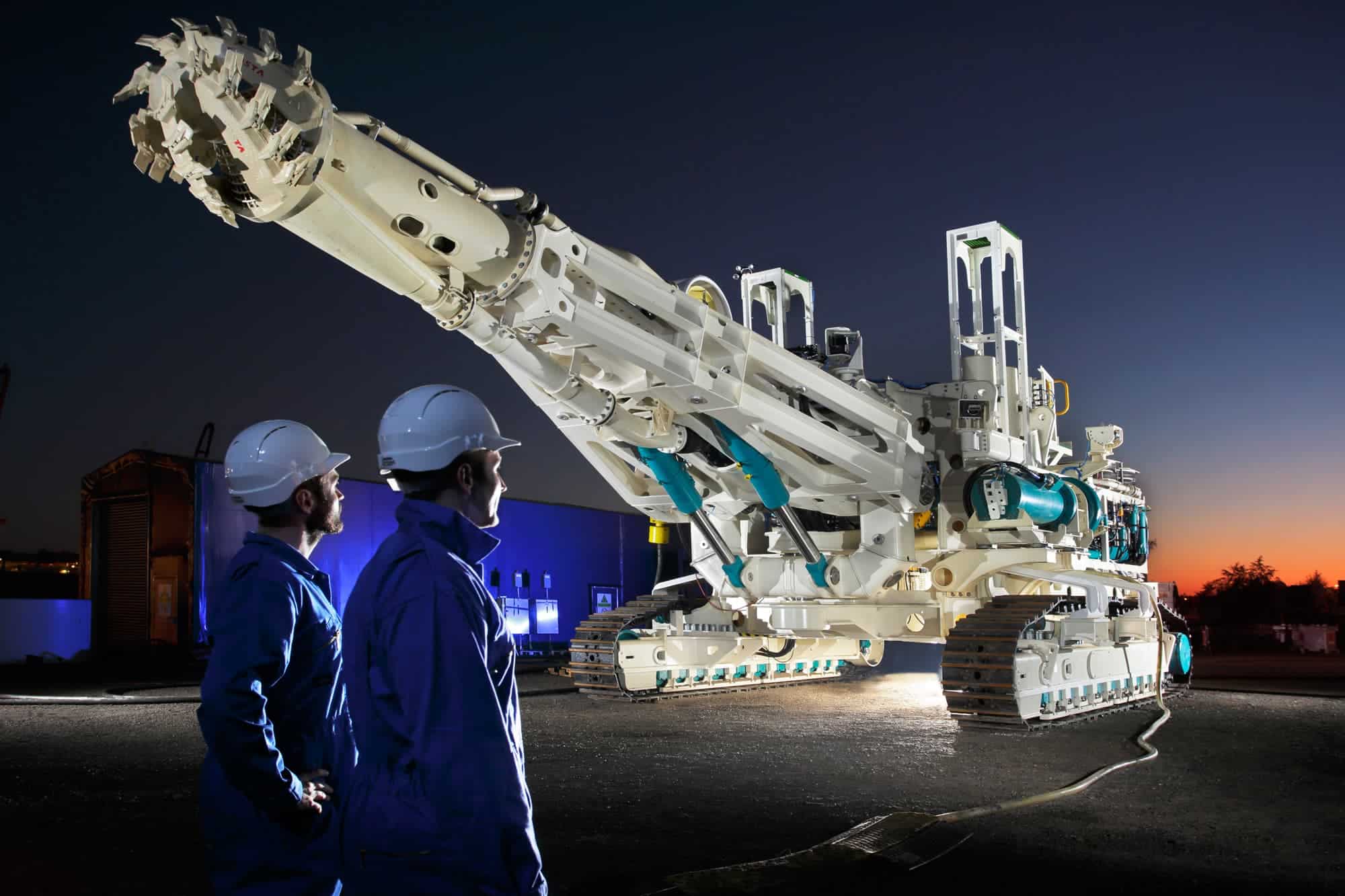Moratorium to run until 2050
A moratorium on deep sea mining until 2050 will be debated in the Portuguese parliament today and is expected to be approved tomorrow, with four parties presenting bills, including ruling PSD and the largest party in opposition, PS.
According to the parties, deep sea mining to extract minerals such as copper, lithium, nickel and/ or manganese, using heavy machinery, can be harmful to the seabed and all believe more time is needed to investigate these effects.
PSD, the main party supporting the government, is presenting a draft bill to amend Law 17/2014, which lays down the foundations of the National Maritime Spatial Planning and Management Policy (defining the rules for the appropriate use of maritime space), especially “with regard to the protection of marine ecosystems from the threats posed by deep sea mining”.
“Deep sea mining, aimed at extracting mineral resources such as manganese nodules, polymetallic sulphides and cobalt, uses technologies capable of operating at great depths, but remains at a stage of global development,” and raises “serious concerns about the potential environmental impacts of this activity,” the party adds in its presentation of the decree-law.
The party accepts that the process could cause “significant damage” to vulnerable ecosystems on the seabed and in deeper water, and cause problems for fisheries, realling that Portugal, as a member of the International Seabed Authority (ISA), voted in July 2023 against deep sea mining.
The moratorium has been advocated by environmental organisations and the scientific community. The regional government of the Azores has also said that it will not accept such mining and that any proposal to do so will be ‘rejected outright’ (a massive relief to all those who viewed efforts by Canadian company Nautilus Minerals to move in on the territory with trepidation).
In October 2023, parliament approved a PAN bill imposing a moratorium on deep sea mining in Portuguese waters until 2050. But when the text was in the committee stage to be discussed, António Costa’s PS government collapsed, so the initiative lapsed.
At the time, the diploma was approved with the opposition of PSD, CHEGA and Iniciativa Liberal and abstention by PCP communists. But now the two largest parties, along with PAN and Livre, are presenting coinciding proposals for a moratorium until 2050.
The PS bill also presents an amendment to law 17/2014 to establish the moratorium.
“There has been growing interest in mining the minerals found in the deep sea, namely cobalt, lithium and nickel, hydrothermal sulphides and iron-manganese crusts. In this sense, the Parliamentary Group of the Socialist Party believes that this new opportunity to gather a broad parliamentary consensus to adopt a moratorium on deep sea mining should not be missed,” says the bill.
The same PAN proposal warns of the ‘irreversible impact’ of the activity on the ecosystems and the biodiversity of the seabed, stressing that if deep sea mining goes ahead it could extinguish species and jeopardise the benefits of ecosystems for humanity.
LIVRE also points to the same moratorium date in the document, January 1 2050, and speaks of “significant environmental concerns, threatening marine biodiversity and ocean ecosystems, which are fundamental to global climate health”.
Source material: LUSA




















